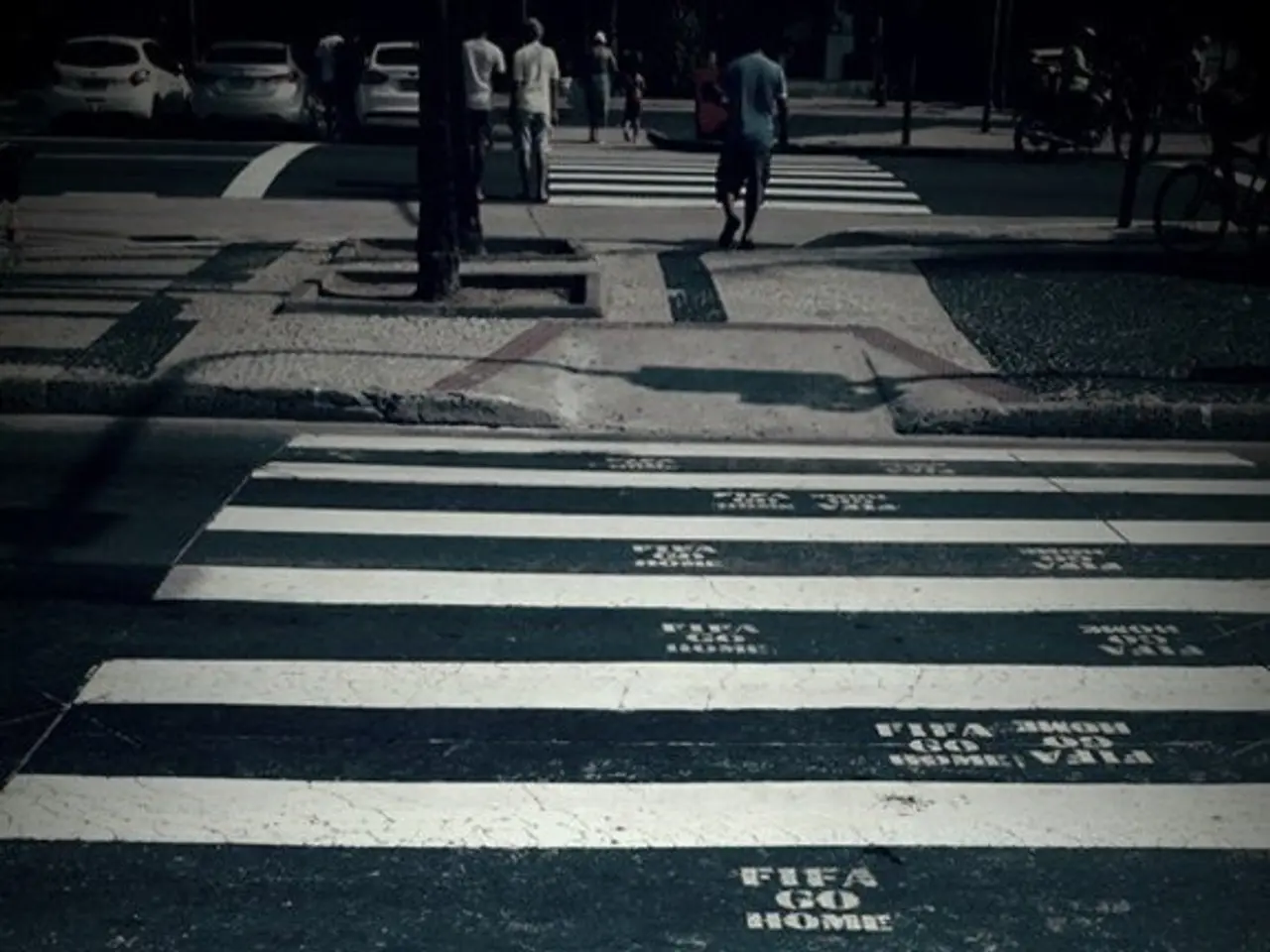First New Alzheimer's Drug in 20 Years Approved: Lecanemab Offers Hope
Alzheimer's disease, a progressive neurodegenerative condition, currently lacks a definitive cure. Recent advancements, however, offer hope. Gene therapy, along with other promising treatments, aims to slow progression and reduce symptoms. The first new Alzheimer's drug in 20 years, lecanemab, has been approved, marking a significant step forward.
Alzheimer's is characterized by memory loss, cognitive decline, and behavioral changes. Current treatments provide limited relief. Gene therapy, an emerging approach, targets the disease's genetic and molecular causes. It involves introducing, removing, or altering specific genes to treat the underlying issues in brain neurons.
Human trials have shown promising results in reducing amyloid plaque and improving memory in mice. Other promising treatments include monoclonal antibodies, tau protein targeting, anti-inflammatory drugs, and neuroprotective agents. Three disease-modifying drugs, lecanemab, donanemab, and remternetug, stand out. Lecanemab, approved in 2025, delays cognitive loss by about six months in early Alzheimer’s through biweekly infusions over 18 months. Kisunla (donanemab), also recently approved, works similarly by targeting key pathological aspects of early Alzheimer's. Combinations of anti-amyloid and anti-TAU antibodies plus inflammation modulators are also in development.
While a definitive cure remains elusive, these advancements offer hope for slowing Alzheimer's progression and reducing symptoms. Gene therapy, along with other promising treatments, is paving the way for a better future for those affected by this devastating disease.
Read also:
- Trump's SNAP reductions and New York City Council's grocery delivery legislation: Problems for city residents highlighted
- Reducing dental expenses for elderlies in Sweden: Over 50% cut in charges for pensioners by the government
- Forty-year-old diet: A list of meal choices to savor
- Exiled Life's Conundrum: A Blend of Liberation, Disillusionment, and Distress






